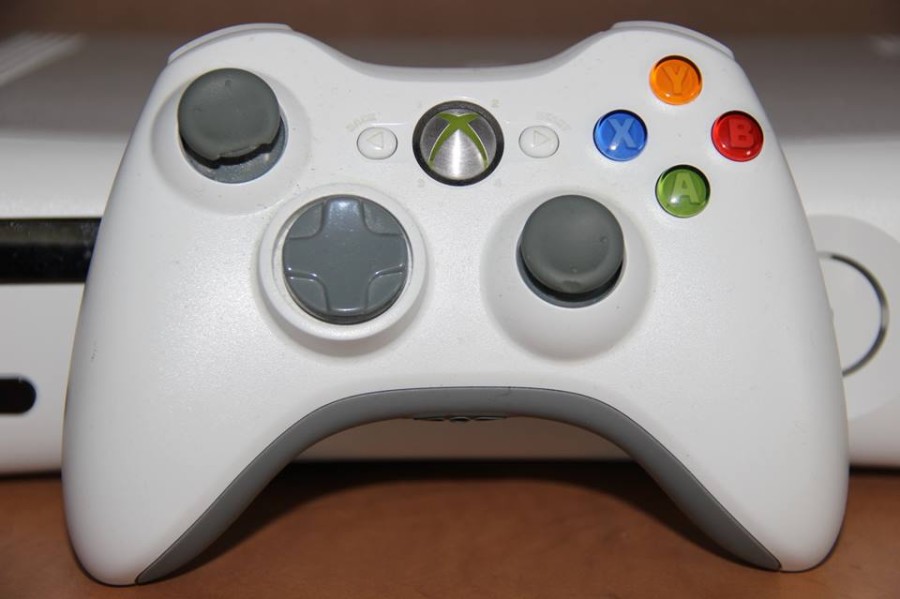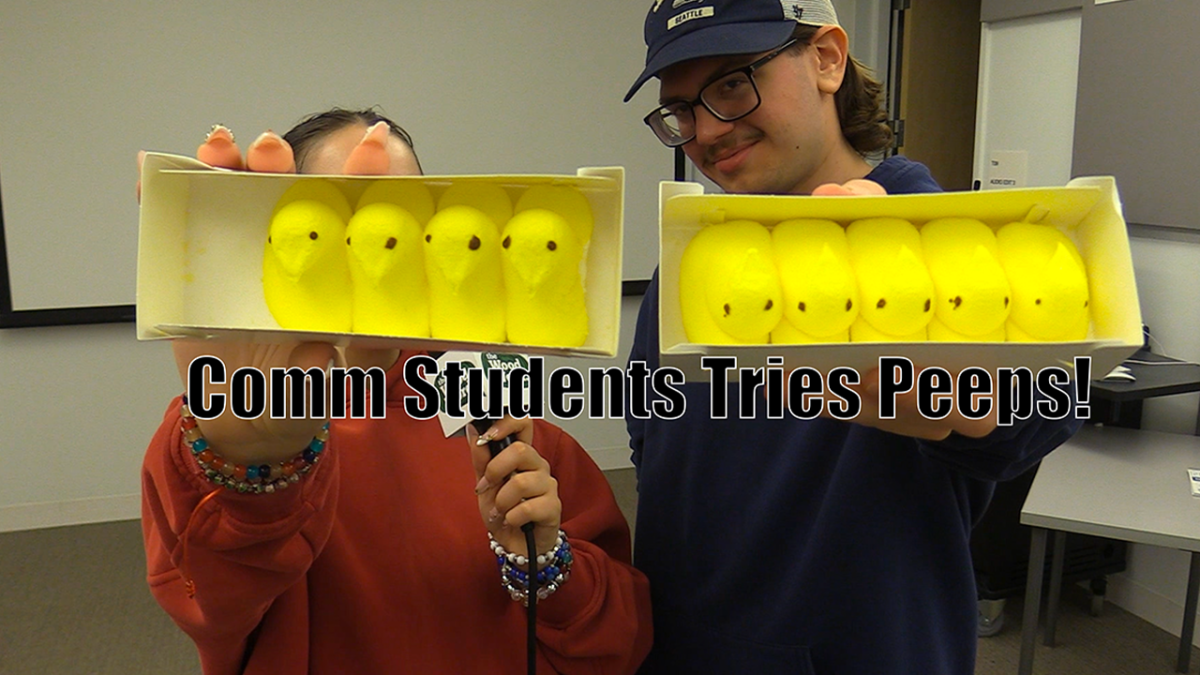After a 33 year career with the company, including 13 years as CEO, Steve Ballmer announced on August 23 that he would be stepping down as the head of Microsoft within 12 months.
This news caused Microsoft shares to jump 7 percent, according to CNBC. Why are investors so happy that the reign of Ballmer is coming to an end
Well, despite his role in the development of Microsoft’s successful Xbox division, the past five years have not been kind to the tech Goliath.
Microsoft reported its first ever year-over-year sales decline in April of 2009, according to a report by the technology blog CNET. In October of 2012, Microsoft posted a quarterly earnings drop of 22 percent.
Wall Street Journal writer, Shira Ovide said the cause was “weak demand for personal computers and slowing growth for its (Microsoft’s) once-strong business software.” This past July, the Redmond, Washington-based company missed earnings estimates by $800 million, and CNN reported the stock dropped by 11 percent.
So what went wrong? Was it all Ballmer’s fault? Those are loaded questions.
Ballmer had it rough from the start, taking over as CEO for founder Bill Gates in 2000, during the dot-com bubble. Microsoft had a hit with Windows XP and a miss with the much-hated Windows Vista. The Zune music player failed to take any market share from Apple’s iPod, but who care’s because the Xbox 360 sold like hotcakes.
The truth is, none of these things have to do with the downfall of the Ballmer Era. It’s the fact that Microsoft makes products for the personal computer, and the PC is going extinct.
Mobile computing solutions from Apple and Google caused a mass exodus from the PC industry to the tablet and smartphone market. Microsoft saw the tide turning, but it jumped on the bandwagon too late.
Windows Phone 7 and 8 were aesthetically pleasing and had good usability, but Apple’s iOS and Google’s Android had already buddied up with app developers, leaving Microsoft out in the cold. It’s partnership with Nokia was supposed to solve both companies sales problems, but didn’t. The Surface Tablet, the first computer built by Microsoft itself, has had trouble finding its way off store shelves and into consumer homes.
Ballmer isn’t a bad CEO. He just has bad timing. Microsoft is trying to play catch-up in a mobile computing market that does not have room for them.
Their next move is a $7.2 billion purchase of Nokia’s devices and services division, which has some business analysts wondering if Nokia CEO Stephen Elop will be Ballmer’s successor. Neither of these moves will help Microsoft. Nokia’s hardware is innovative, but that point is moot if you don’t have apps for your software. If Microsoft wants to survive, it needs to somehow get developers on its side.
Microsoft was the first name in the PC software industry, but with the mobile computing age dawning, it has yet to be seen if the tech giant can remain relevant in a market already crowded by Apple and Google.














